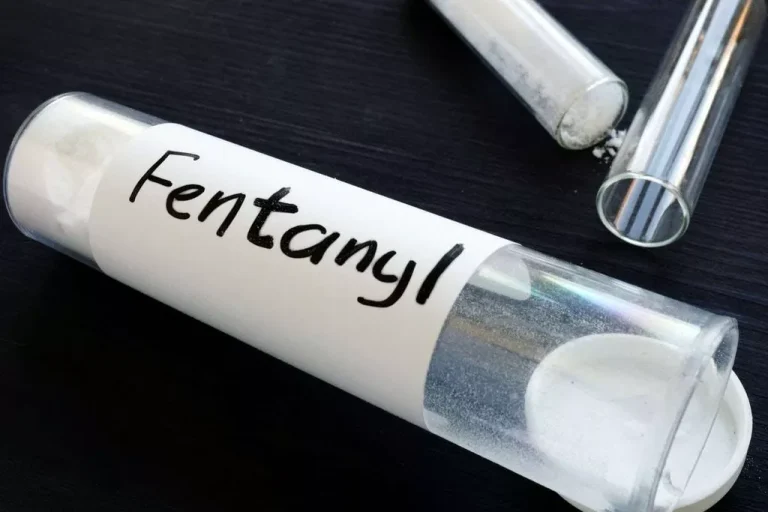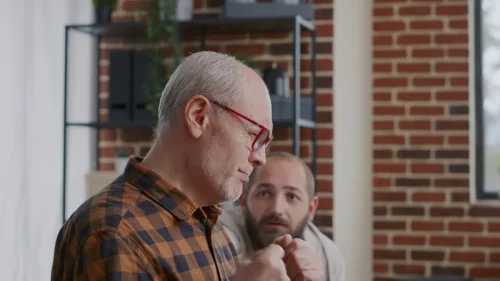How to Help an Alcoholic in Denial Navigate Recovery Lantana Recovery: Addiction Treatment Rehab Center - HostExpert
September 12, 2024
But if someone in your life has three or more alcoholic beverages per day (two or more for women), they are consuming more than the recommended amount. Dietary Guidelines define moderate drinking as one drink per day for women and up to two drinks per day for men. Binge drinking is defined as having four or more beverages in one drinking episode for women and five or more beverages for men (a typical drinking episode is around two hours). One critical component in the recovery process is finding a suitable treatment center. It’s essential to explore all available options and ensure that the chosen facility is equipped to meet your needs and provides evidence-based methods for treating alcohol use disorders. It varies for each individual, but it can take months or even years for an alcoholic to admit they have a drinking problem.
- As a supportive friend or family member, your role is not to judge or criticise them but rather to offer empathy and understanding.
- This means you can’t take care of them when they’re hungover, make excuses for their behavior, or bail them out of jail if they are arrested for drunk driving.
- Under the surface, this form of alcoholism can cause severe psychological and emotional damage to the alcoholic and also their loved ones..
- External resources such as rehab centers, interventionists, and support groups can offer invaluable assistance in the recovery process.
- Furthermore, the fear of social judgment or concern for others’ perspectives can further fuel the cycle of denial and addiction.
- Research shows that there is indeed a genetic predisposition involved in developing alcohol addiction, which means factors beyond personal control come into play.
Renewal Center for Ongoing Recovery

For this reason, loved ones must know how to talk to an alcoholic that’s in denial. The cliche “the first step is admitting there’s a problem” exists because it’s true. The participants in an intervention could include the alcoholic’s spouse or partner, children, parents, friends, coworkers, employer, friends and other individuals who have been affected.
Intervention Help
- Comparisons included demography, alcohol-related patterns and problems, drug use, as well as impulsivity and sensation seeking.
- Therapy can also help them challenge their denial and develop healthier thought patterns.
- Recognizing and overcoming denial, both at the start and throughout your recovery journey, is crucial for lasting sobriety.
- Denial of an overarching alcohol problem despite endorsement of specific alcohol-related difficulties may be central to development and continuation of alcohol use disorders (AUDs).
- Behavioral signs of alcohol misuse are influenced by alcohol’s effect on brain function, which can alter an individual’s behavior and emotions.
An experienced intervention specialist can help the participants prepare for these reactions so they can respond effectively. Yes, it is possible for an alcoholic to recover without seeking professional help. Self-help methods, supportive relationships, alternative recovery options, holistic approaches, and personal motivation can all play a role in their recovery journey. To break through an alcoholic’s denial, try using strategies and techniques like open communication, expressing concern without judgment, and offering support. A supportive approach can help them feel understood and increase their willingness to address their drinking problem.
- Sharing experiences and offering support can help individuals break through denial and stay motivated on their journey.
- Sometimes, it may be easier for your loved one with alcohol use disorder to avoid talking about it completely.
- In addition to therapy, some people may benefit from medication-assisted treatment to help manage withdrawal symptoms and cravings during the initial stages of recovery.
- This defence mechanism allows them to continue drinking without fully accepting the negative consequences it has on their life and relationships.
How to Recognize and Overcome Denial in Addiction
We need to learn what alcoholic denial is and why it happens to people with drug problems. We need to be able to approach with empathy to the loved ones who are reluctant to change, helping them face the truth and become more open to change. People must first realize and accept that they have a drinking problem in order to get over this obstacle.
But maybe they drinka few glasses of wine each night to help them fall asleep. Or, https://ecosoberhouse.com/ they get bombed every weekend but don’t skip a beat at their demanding job.
- While it’s essential to encourage them to seek professional treatment, it’s equally important to establish healthy boundaries and seek external resources.
- It also might mean admitting that they don’t have it all together, and their exterior (and interior) world is crumbling.
- For this reason, loved ones must know how to talk to an alcoholic that’s in denial.
- A professional interventionist has expertise in addiction treatment, family systems and what’s involved in encouraging an alcoholic or addict to enter treatment.
Are There Any Specific Strategies or Techniques That Can Be Used To Break Through an Alcoholic’s Denial?

Therapy plays a crucial role in recovery, with options like cognitive-behavioral therapy (CBT), motivational interviewing, and family therapy. These therapies aim to modify drinking behavior, address co-occurring conditions, and improve coping strategies. Medication-assisted treatment (MAT) is also available, utilizing FDA-approved medications such as naltrexone, acamprosate, and disulfiram to reduce cravings and prevent relapse.

What is Alcoholism Denial?

Discuss specific behaviours that have raised red flags for you, such as missed obligations or erratic behaviour, but avoid blaming or criticising them. Encourage them to seek professional alcoholism and denial help and offer resources and support in finding the right treatment. Finally, be mindful of avoiding co-dependency by taking care of yourself and not enabling destructive behaviours.

Denial Feels Like the Easier Option
-
Three card Casino poker Possibility Possibility, Likelihood and discover here you will Payouts December 31, 2024 No Comments
-
-







